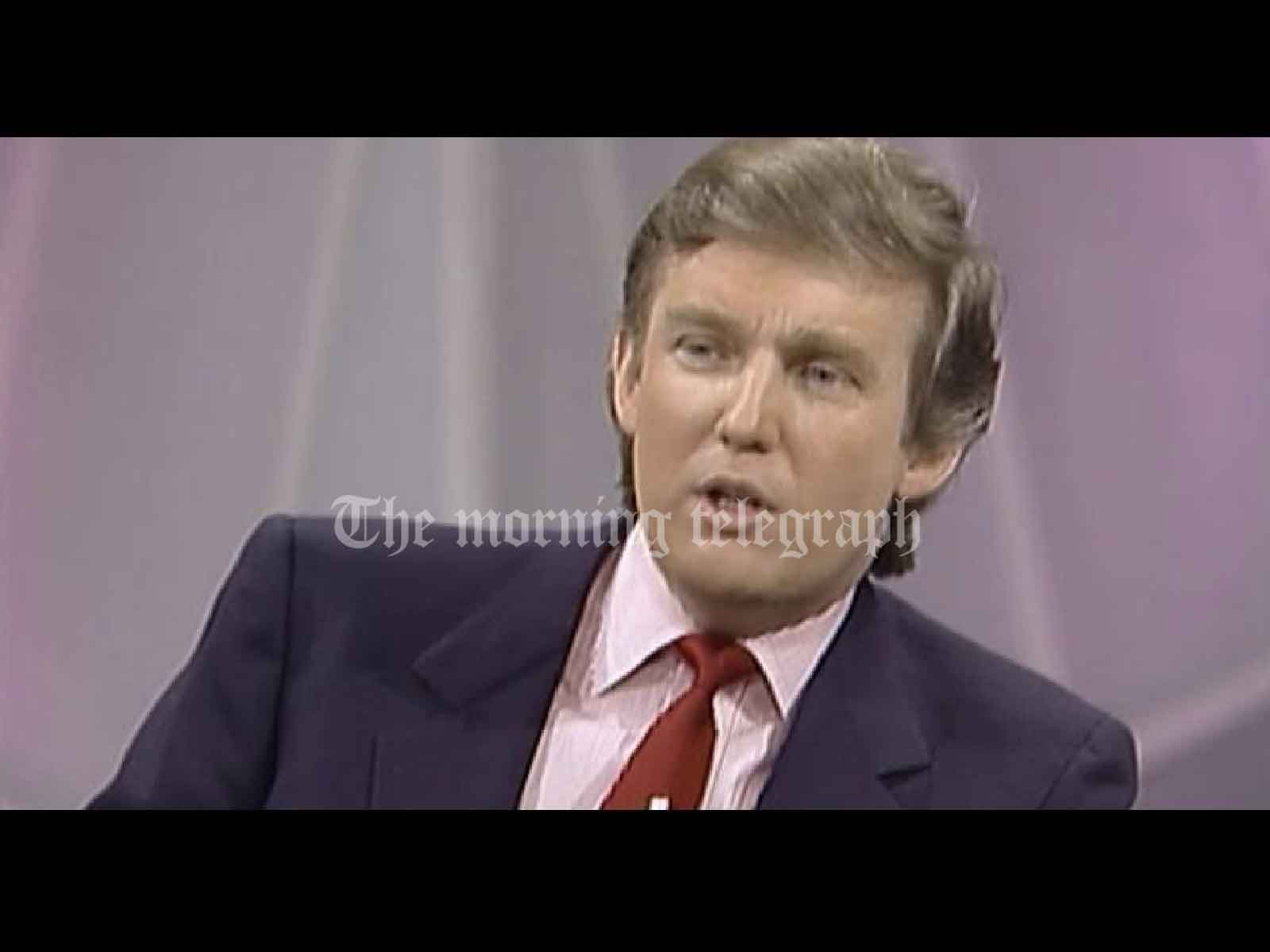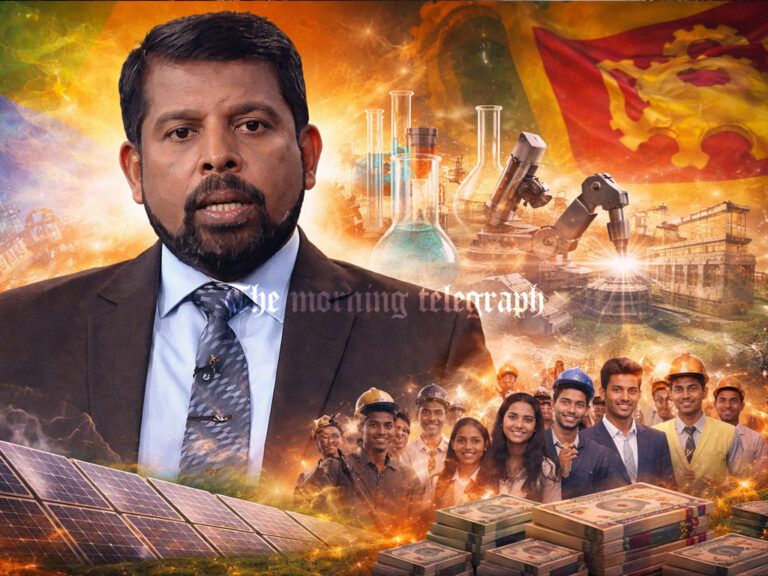
In the year 1988, Donald Trump, then a prominent real estate mogul known for his brash confidence and luxury empire, sat down for an engaging interview with the celebrated television host Oprah Winfrey. The discussion was lively, full of candor, and gave a rare glimpse into the mind of a man who would later redefine the political landscape.
Oprah, with her characteristic curiosity, leaned in and asked a question that, in hindsight, was remarkably prescient: “Donald, have you ever thought about running for president?”
Trump, with his signature self-assuredness, responded without hesitation. “I don’t really have the ambition to run,” he said, pausing as the audience waited eagerly. “But if I did, I think I’d win. People are tired of seeing our country ripped off and weakened. We need strong leadership, and I know how to get things done.”
It was a moment that revealed the early seeds of his vision, one that many would later describe as a call to reimagine America’s place in the world. Even in 1988, Trump spoke passionately about trade imbalances, American strength, and the need for economic self-sufficiency. His ideas were bold, even provocative, and Oprah skillfully drew out more of his reflections.
“You speak with such conviction about the country’s future,” Oprah remarked. “What do you see for America?”
Trump’s eyes lit up. “I see a nation that can be great again,” he said firmly. “We have so much potential, but it needs to be harnessed. Our leaders need to negotiate smarter deals, protect our interests, and restore pride. We shouldn’t be afraid to take a strong stand, and we shouldn’t be apologetic about it.”
His words painted a picture of a visionary leader who already saw the power dynamics of global politics and the economic challenges ahead. Trump spoke with a clarity that captivated many and made others think about the kind of leader who could bring sweeping change. His vision centered on the themes of strength, negotiation, and a relentless pursuit of what he deemed as fairness for the United States.
The interview ended, but Trump’s declaration lingered. It was a bold prediction that would become a self-fulfilling prophecy decades later. He was a man who, even then, had a sense of the dramatic and an unshakeable belief in his ability to shape history. Whether loved or loathed, one thing was undeniable: Trump was a figure who envisioned leadership as a force to redefine a nation, and his words on Oprah’s stage hinted at the extraordinary journey that awaited him and the world.
Takeaways on Visionary Leadership
- Clear Sense of Purpose: Even in the late 1980s, Trump had a clear understanding of the issues he believed mattered most and articulated them passionately. A visionary leader often has a long-term perspective on what needs to change and why.
- Bold Confidence: Visionary leaders are not afraid to think big and make ambitious declarations. Trump’s statement about winning if he ever ran for president reflected the level of confidence that often fuels impactful leaders.
- Focus on Solutions: His emphasis on actionable outcomes, like renegotiating trade deals or strengthening national pride, shows the hallmark of leaders who focus on implementing tangible solutions to perceived problems.
While the world did not know it then, that interview marked the early blueprint of a vision that would go on to shape American history in ways few could have imagined.






